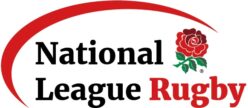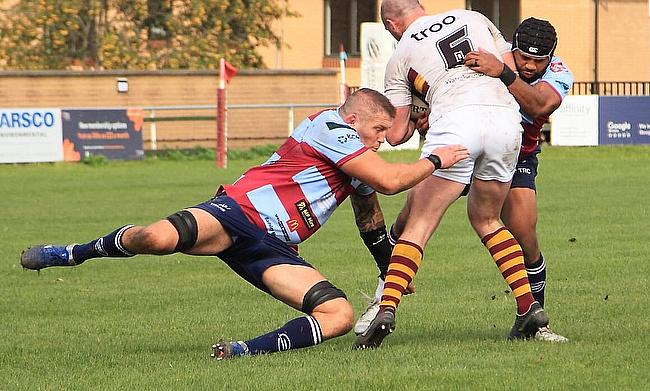A Beginner’s Guide To The NRL
The National Rugby League is one of the world’s biggest rugby league competitions based in Australia. Every year, we see 16 teams of giants facing off against each other in 24 matches before a four-week final.
For newbies looking to invest their time and even their money in NRL betting markets, here’s a beginner guide to the NFL.
Some history of the NRL
The origins of the NRL can be traced back as far as 1908 to the New South Wales Rugby League. During the following years, rugby league competitions were going through changes regularly, including the Super League War in the 1990s.
With the sport growing and more teams competing against one another, the game NRL was eventually formed in 1998 in partnership with the Australian Rugby League. This partnership continued til 2012 when the NRL then broke away from the ARL but continued under a new board of directors known as the Australian Rugby League Commission.
Basics of the NRL
It’s important to know your history, but it’s not going to matter much if you don’t know what’s going on in the game. Here are some important basics of the NRL that’ll help you get into it:
Objective of the game
Rugby is an incredibly physical game, with men built like tanks trying to work their way to scouring as many tries as they can by forcing their way through opposition and still sticking within the bounds of the rules. Each team is given a side; their objective is to carry the rugby ball over the opposing team’s try line, which is on the opposite side of the field. They have 80 minutes to score as many points as possible, and the team at the end with the most points wins.
How the points work
You’ll notice that teams get points for doing different things. Here’s a list of how points are allocated:
- Try – 8 Points
- Try – Assist Points
- Field Goal – 5 Points
- Line Break – 4 Points
- Tackle Break – 3 Points
- Goal – 2 Points
- Line Break Assist – 2 Points
- Offload – 2 Points
- Tackle – 1 Point
- Run Metre Gained – 0.1 Point
- Kick Metre Gained – 0.05 Point
- Error – 2 Points
- Missed Tackle – 2 Points
The Positions
At first, the positions of NRL can be really confusing. Here’s a brief overview of the positions so you know who’s who and what they’re supposed to do:
Front Row Forward: We also call these tanks “props”. They’re generally the biggest and heaviest players on the field. Their main function is to break through the opposition line, using their superior size and strength to gain ground towards the try-line.
Second Row Forward: These guys are the energiser bunnies on the field, often being able to cope with a full 80-minute game. They are also good all-rounders, having the ability to attack and defend when needed.
Hookers: No, not that kind. Hookers in the game are also referred to as the “dummy half”. Their main function is to facilitate the play of the ball when another player is tackled. In essence, this means they need to get there and pass it off to another player.
Halves: Halves lead the team in attacking play by directing players to certain positions and calling passes. They’ll generally have a good eye for the game and create plays often.
Centres: Centres are usually fast, like the wing. They play on the outside edge but on the inside of the winger. They help carry the ball forward, making an opportunity for the wingers to score the try.
Wingers: Wingers are the celebrities of the game. They’re fast and agile and often score amazing tries for their teams. You’ll notice them on either side of the field near the outline.
Popular NRL terms
While you’re watching the game, you’ll hear a few phrases that might sound unfamiliar. That’s okay; you just need to hear what they mean once to understand them. Here are some common terms for the NRL:
- Try Assist – This refers to creating an opportunity for a teammate to score a try
- Tackle break – is when a player breaks free from a tackle
- Line Break – is when a player breaks through the opposing team’s defensive line in open play
- Line Break Assist – applies to the same as the above but is when another player assists to create the opening
- Offload – is when a player successfully passes the ball to a teammate while being tackled
Final Thoughts
The NRL is fast-paced, thrilling and extremely fun to watch. Get a part of the NRL community now, choose your favourite team, check out the NRL betting markets, and let the competition commence. Trust us, you’ll be invested in no time!

